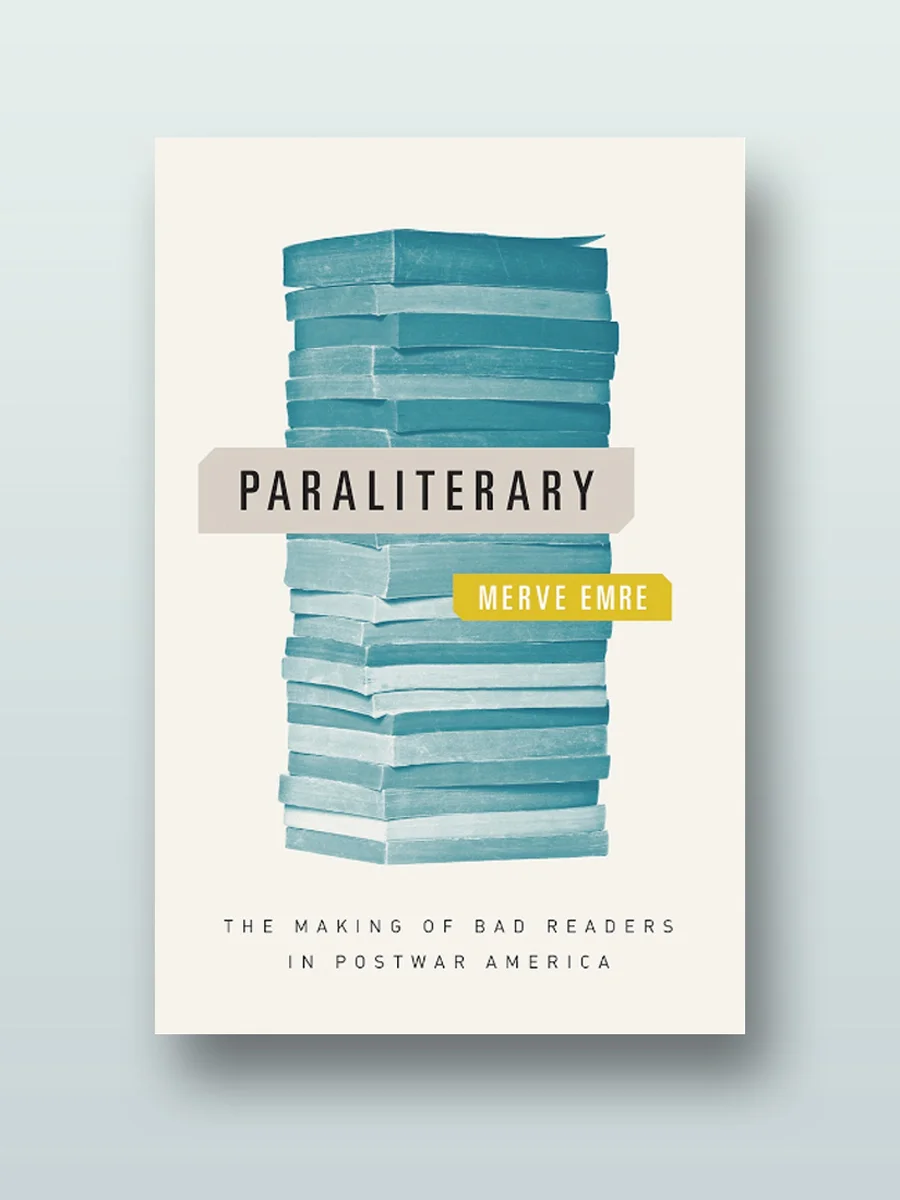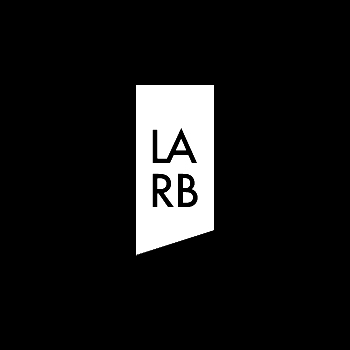Paraliterary
The Making of Bad Readers in Postwar America
Literature departments are staffed by, and tend to be focused on turning out, “good” readers—attentive to nuance, aware of history, interested in literary texts as self-contained works. But the vast majority of readers are, to use Merve Emre’s tongue-in-cheek term, “bad” readers. They read fiction and poetry to be moved, distracted, instructed, improved, engaged as citizens. How should we think about those readers, and what should we make of the structures, well outside the academy, that generate them?
We should, Emre argues, think of such readers not as non-literary but as paraliterary—thriving outside the institutions we take as central to the literary world. She traces this phenomenon to the postwar period, when literature played a key role in the rise of American power. At the same time as American universities were producing good readers by the hundreds, many more thousands of bad readers were learning elsewhere to be disciplined public communicators, whether in diplomatic and ambassadorial missions, private and public cultural exchange programs, multinational corporations, or global activist groups. As we grapple with literature’s diminished role in the public sphere, Paraliterary suggests a new way to think about literature, its audience, and its potential, one that looks at the civic institutions that have long engaged readers ignored by the academy.
Published by the University of Chicago Press (November 2017).
Praise for ‘Paraliterary’:
“Emre’s range, in short, is chronologically as well as methodologically expansive: because the paraliterary seems to operate by means of institutional forces, it floats outside of strong historical periodizations. What unites Paraliterary’s diverse case studies is her insight that academic criticism justifies its methods by the type of subjects that it produces. The previous century’s struggles over the definition of the subject, and of the citizen, become immediately relevant to the history of academic literary studies.”
“There have always been bad readers, but as Merve Emre’s fascinating and highly astute new book Paraliterary demonstrates, the particular classes and types of bad readers that were made as part of postwar American diplomatic efforts necessitate a full-scale reconstruction and reconsideration. She neither apologizes for nor laments them, but rather, takes their existence as a point of departure for a wide-ranging synthesis of deep archival research and cutting-edge polemic. . . remarkably diverse and yet conceptually entwined chapters... are highly original and inventive.
“[Emre’s] intellectual moves (which are many, subtle, and a pleasure to follow) are harder to categorize. . . Her concern with bad readers remains low-key, non-redemptive. It never swells into full-blown anti-elitism, which as we have learned is a weapon that is liable to explode in your hands. . . None of her bad readers could have written this very good book.




